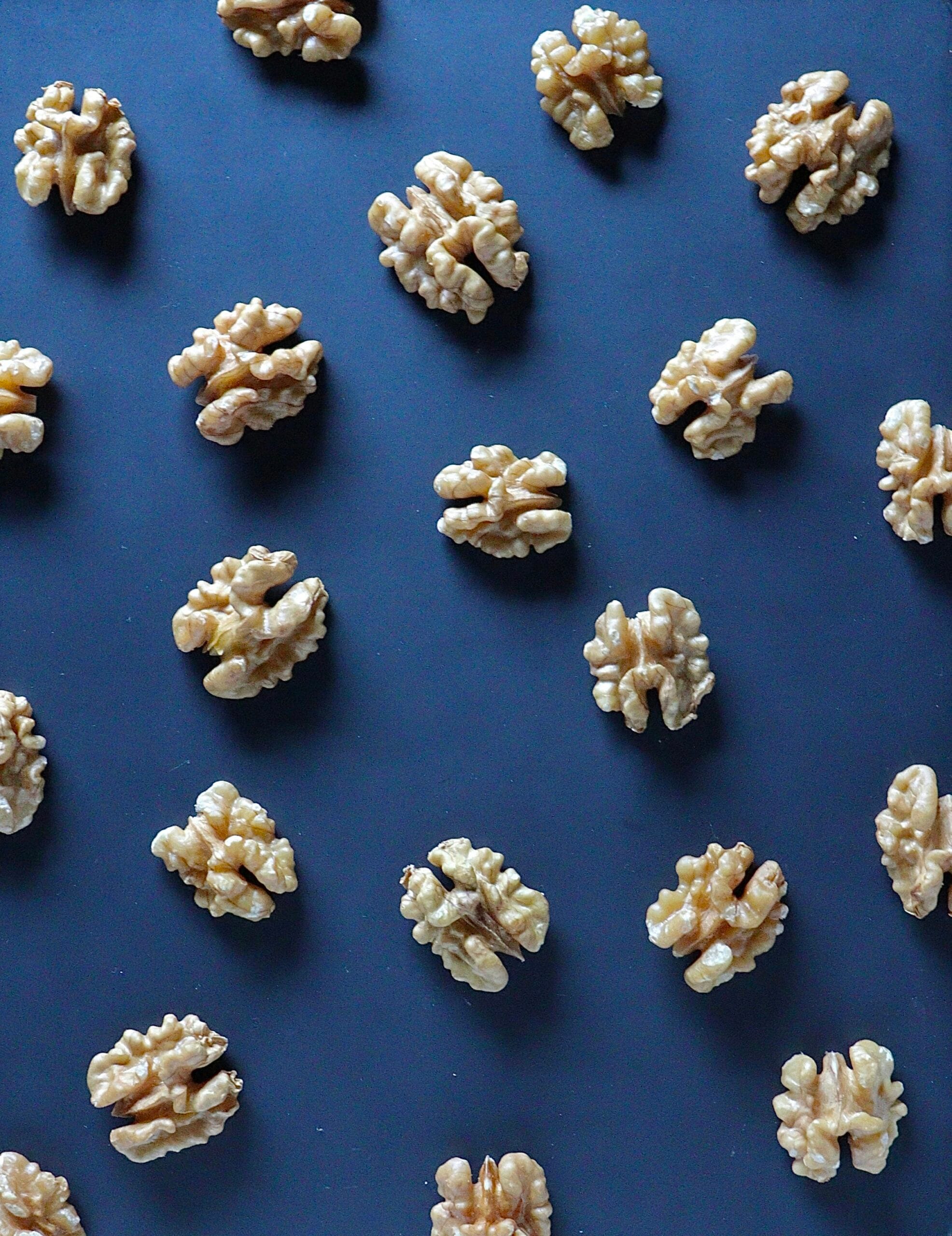
What comes to mind when you think about keeping your liver healthy? Perhaps you think of a balanced diet, regular exercise, or limiting alcohol intake. But have you ever considered the role of omega-3 fatty acids in supporting liver health?

Understanding the Liver: Your Body’s Detox Powerhouse
Before exploring how omega-3 fatty acids contribute to liver health, it’s beneficial to grasp the vital functions of the liver. Considered one of the most hard-working organs in the body, your liver processes nutrients from food, makes bile to help digest fats, and removes toxins from your blood. It also regulates metabolism and stores crucial substances like vitamins and iron.
Key Functions of the Liver
Learning about the liver’s responsibilities can inspire better care for it. Primarily, the liver converts nutrients from your diet into substances that the body can use effectively. It detoxifies chemicals, metabolizes drugs, and filters blood coming from the digestive tract before passing it to the rest of the body. Additionally, it produces essential proteins for blood clotting and acts as a storage unit for vitamins and minerals.
Cracking the Code: What Are Omega-3 Fatty Acids?
Omega-3 fatty acids are a type of polyunsaturated fat critical for various bodily functions. They are termed essential fats since your body cannot produce them independently, requiring you to obtain them through your diet. Having adequate levels of omega-3s is key to maintaining cell membrane health, reducing inflammation, and supporting brain function.
Types of Omega-3 Fatty Acids
Here’s a breakdown of the three main types of omega-3 fatty acids crucial to health:
- Eicosapentaenoic Acid (EPA) – Mostly found in fish oils, EPA is renowned for its anti-inflammatory properties.
- Docosahexaenoic Acid (DHA) – Another omega-3 predominantly present in fish, DHA is significant for brain health and function.
- Alpha-linolenic Acid (ALA) – Found in plant oils like flaxseed, chia seeds, and walnuts, ALA is primarily used by the body for energy.
Sources of Omega-3 Fatty Acids
Incorporating omega-3s into your diet can be both delicious and varied. Here’s a table of omega-3-rich foods:
| Omega-3 Source | Type of Omega-3 | Examples |
|---|---|---|
| Fish and Seafood | EPA and DHA | Salmon, mackerel, sardines, and tuna |
| Plant Oils and Nuts | ALA | Flaxseed oil, chia seeds, and walnuts |
| Fortified Foods | EPA or DHA | Omega-3 enriched eggs and milk |
| Supplements | EPA and DHA | Fish oil, krill oil, algae oil |
Linking Omega-3s to Liver Health: The Science Explained
Modern research increasingly underscores the positive effects omega-3 fatty acids have on liver health. They may play a role in managing liver conditions, promoting cell regeneration, and reducing inflammation.
Omega-3 Fatty Acids and Non-Alcoholic Fatty Liver Disease (NAFLD)
NAFLD is a common condition characterized by excess fat accumulation in the liver of people who consume little or no alcohol. Curious about how omega-3s can be beneficial here? They may improve liver fat content, reduce inflammation, and improve liver enzyme levels—factors pivotal for managing NAFLD.
Reducing Inflammation: The Omega-3 Mechanism
Chronic inflammation is a precursor to liver damage. Omega-3s, especially EPA and DHA, are known for their anti-inflammatory properties. They work by influencing cell signaling and immune function, helping the body produce fewer inflammatory compounds, thereby supporting liver health.
Preventing Liver Fibrosis
Liver fibrosis involves the excessive accumulation of extracellular matrix proteins, leading to liver dysfunction. It’s comforting to know that omega-3s may help delay or reduce the progression of fibrosis by modulating liver cell functions and protecting against cellular damage.
Benefits of Omega-3s for Overall Health
The advantages of omega-3s extend beyond liver health, encompassing various aspects of well-being. They play a critical role in heart health, cognitive function, skin health, and even mental wellness.
Heart Health
Omega-3 fatty acids contribute to cardiovascular health by lowering blood triglyceride levels, reducing the risk of arrhythmias, slowing plaque buildup, and slightly lowering blood pressure. These actions cumulatively protect against heart disease.
Brain and Cognitive Function
DHA is integral to brain development and function. Regular omega-3 intake has been associated with reduced risks of cognitive decline and may benefit conditions like depression and anxiety, offering a natural approach to mental health care.

How to Integrate Omega-3s in Your Diet
Incorporating omega-3 fatty acids into your diet can be an enjoyable experience. Whether it’s opting for fish a few times a week, sprinkling chia seeds on your yogurt, or choosing omega-3 fortified foods, your options are expansive.
Practical Tips for Including Omega-3s
- Aim to eat fatty fish like salmon or sardines twice a week.
- Swap regular cooking oils for flaxseed or walnut oil.
- Snack on a handful of walnuts or pumpkin seeds.
- Sprinkle chia seeds over salads or into smoothie bowls.
- Consider omega-3 supplements if dietary changes aren’t feasible.
Potential Risks and Considerations
It’s equally important to be mindful of potential risks associated with excessive omega-3 intake. Overconsumption may lead to an increased risk of bleeding due to its blood-thinning effects. Always consult your healthcare provider before starting supplements, especially if you’re on blood-thinning medications or have a medical condition.

The Takeaway: Prioritize Your Liver Health with Omega-3s
Your liver works tirelessly to keep your body in balance. Understanding the role of omega-3 fatty acids in supporting liver health offers a simple yet powerful approach to enhance your overall well-being. By blending joy in meal preparations with the knowledge of nutritional value, you can make informed choices that bolster your health, nurture your liver, and enrich your life.